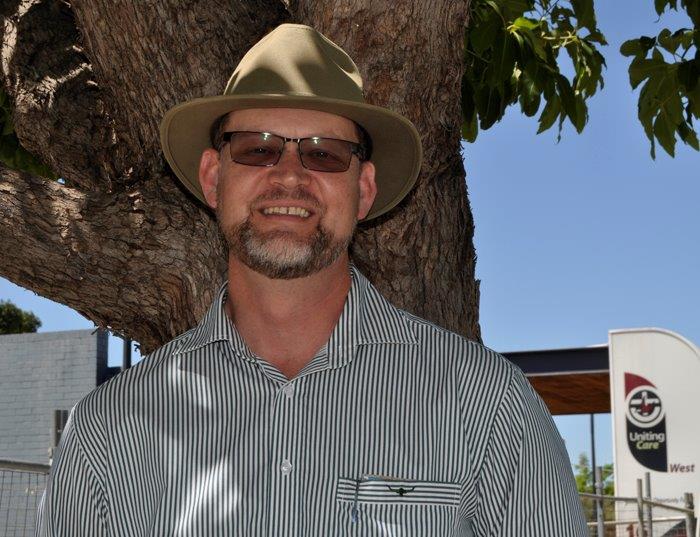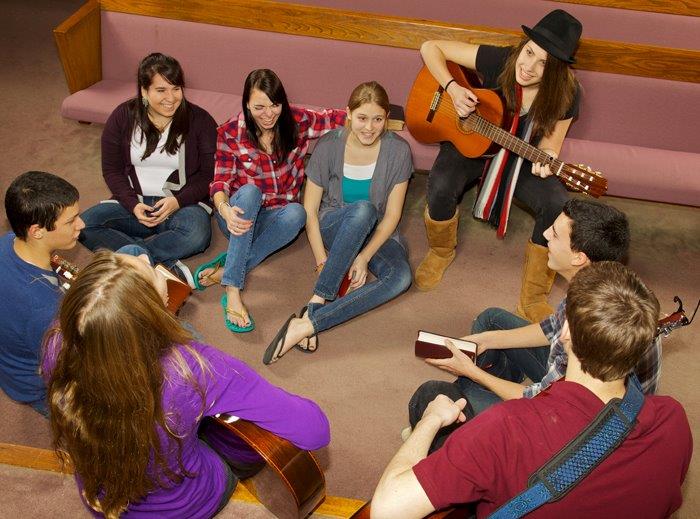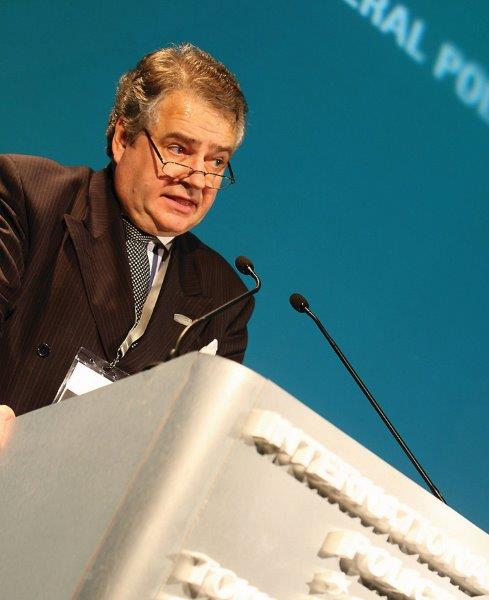Several times I have heard Rev Prof Andrew Dutney, president of the Uniting Church in Australia, speak of paragraph 13 of the Basis of Union with young people. I get excited every time he brings it up because it challenges my imagination, pushing me towards a vision of the future church that I sense lying in wait, not quite revealed.
The paragraph reads:
Basis of Union paragraph 13 – Gifts and Ministries
The Uniting Church affirms that every member of the Church is engaged to confess the faith of Christ crucified and to be his faithful servant. It acknowledges with thanksgiving that the one Spirit has endowed the members of Christ’s Church with a diversity of gifts, and that there is no gift without its corresponding service: all ministries have a part in the ministry of Christ. The Uniting Church, at the time of union, will recognise and accept the ministries of those who have been called to any task or responsibility in the uniting Churches. The Uniting Church will thereafter provide for the exercise by men and women of the gifts God bestows upon them, and will order its life in response to God’s call to enter more fully into mission.
There are several points of interest in Paragraph 13. Firstly, there is an affirmation that “every member of the church” is to be engaged in confessing Christ and faithful service. This is a reminder that the first third, people aged 30 and under, are not just Christians in waiting, but members of the body of Christ with the same responsibilities to serve and confess as older members of the church. Secondly, there is the point that the Spirit has given a diversity of gifts to members of the church, and “there is no gift without its corresponding service”. This is a fascinating idea. If the call is for all gifts to be used in service then it becomes imperative, not only for us to identify the gifts of everyone in our congregations, but to help them use them to serve the church, each other and the world. Far from the humility often pushed upon us, this call links back to the idea of not hiding our light under a bushel, suggesting that it might in fact be a sin to fail to use our gifts for the good of others.



